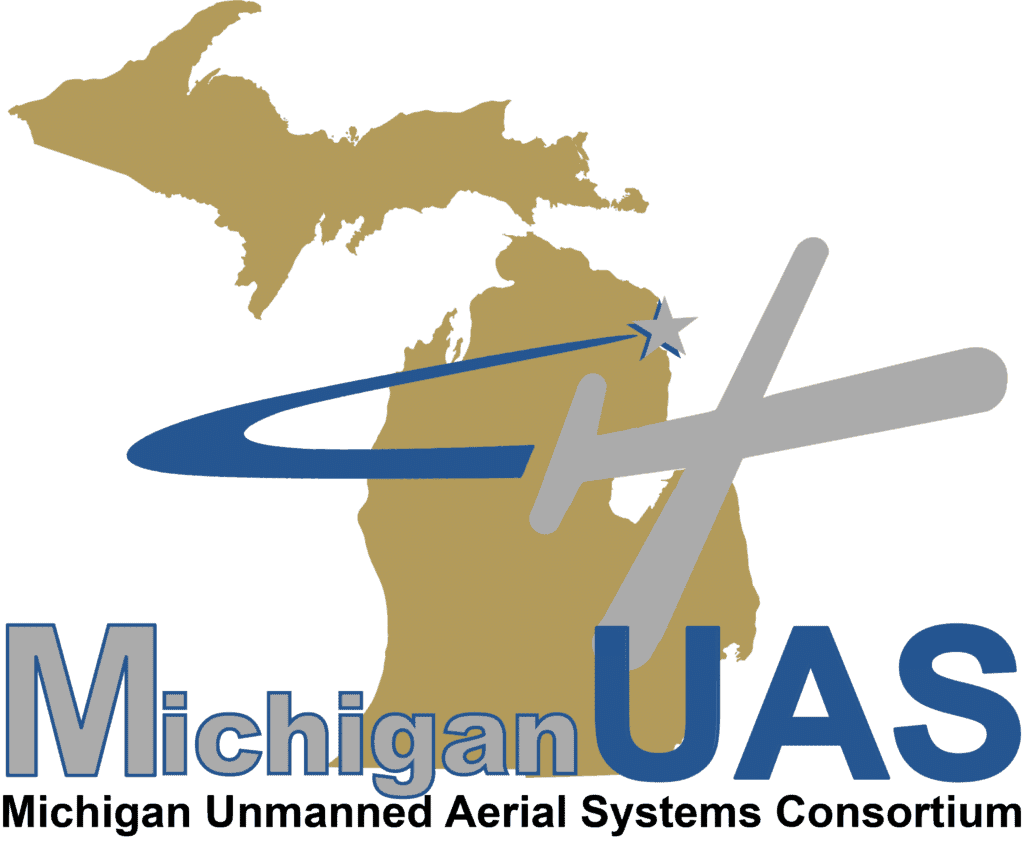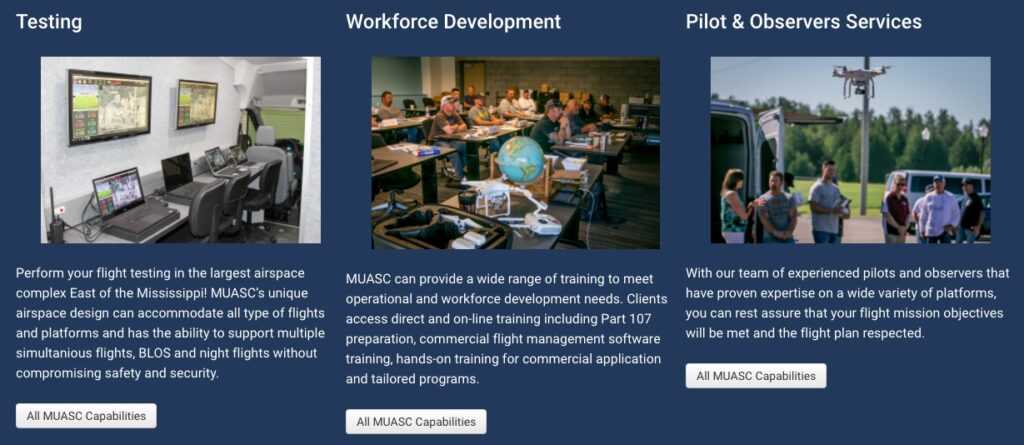This Is Not a Post About Flying Taxis... Yet
By Laura Cowan
Laura K. Cowan is a tech, business, and wellness journalist and fantasy author whose work has focused on promoting sustainability initiatives and helping individuals find a sense of connection with the natural world.
Cars are gonna fly any day now, or so the story goes according to the non-transportation media. It's a nice thought, and it will be here eventually. Everybody wants to live like the Jetsons, right? But the reality of drones, self-driving air transport, and the integration of ground and air transportation communication and highways is on the way. It just looks very different than you might expect.
Melinda Marion of the MUASC, the Michigan Unmanned Aerial Systems Consortium, represents an organization in Michigan that is working to help others navigate the regulations to manage this seismic shift in the transportation and UAS industries. The MUASC helps organizations, from startups to government organizations, to test technology, integrate with existing infrastructure, and create the future in this sector. Marion says that the UAS industry is changing, but the regulation to manage the technology has a long way to go to catch up to the rapidly evolving and integrating ecosystem.
"Ground, air, and space are converging," Marion says. "Ground and transport need to communicate, and to connect within vehicles. Vehicles are striving to use low-orbit satellite tech, and wireless to support ground vehicles. Those are the same technologies that air traffic control has relied on: GPS, radar, et cetera."
Marion says that the UAS industry immediately gravitated to these technologies. And now there is a space race to low-orbit satellites for ground communications. "The auto industry is going to start embracing the UAS community," Marion says, who sees all these industries integrating and interweaving now, "because large UAS platforms have potential to be parked at high altitudes to connect communications from air to space to ground." And that is a network that now involves in-vehicle and inter-vehicle communications as well. Everyone needs GPS, radar, communications between different forms of transport using the same space. This is how it's all coming together for unmanned flight technology in particular.
What Is The State of Local Air Transport & Drone Deliveries?
The MUASC helps companies conduct testing of drones and other flight technology, operating out of Alpena as well as various other locations throughout Michigan. Clients include Airspace Link, AVEOPT, Great Lakes Drone Company, and more. The idea is to promote Michigan's legacy of mobility technology as ideally positioning the state to support companies looking to prove out UAS technology. With Planet M grants, several clients have developed and tested technology--from software to drone technology--with the MUASC and Planet M to help the UAS industry move forward with regards to tech and navigation of the regulations.
So what is the state of regulation on drone technology in Michigan in particular? It's really just emerging now as a new area of development. Marion says that it's complicated, because, for example, as drones are flown in air space over cities, you not only have to think about safety and air space, but about the fact that drone signals can be lost, reflected or blocked between buildings, among many other problems to sort out. The FAA is still deciding how to regulate different use scenarios as they emerge. The MUASC actively is involved in shape UAS activities and helping others to navigate the Federal Aviation Administration (FAA) regulations to push forward opportunities for more kinds of drone and unmanned flight technologies, even for transport in the future.
The recently announced autonomous corridor for vehicles planned between Detroit and Ann Arbor was not intended for use of air traffic, Marion says, but there are many projects like this where in the future it might make sense to integrate air traffic and make the corridors more multi-use and cost efficient. That may be a long way off as regulations stand now.
"Automotive has to prove the safety for self-driving cars," Marion says, "and the same is true for air: they need to prove safety," long before you'll see any flying taxis or have widespread drone package delivery.
Still, the possibilities are intriguing. It's workable for Amazon to get permission for limited drone package delivery in some areas, Marion says, because the territories are mapped, airspace is appropriate, and permissions have been granted by FAA for access to the air space. Amazon can deploy delivery trucks and the drones use mapping to know what obstacles they might encounter between the truck and the house they're delivering to. But you can see how complex that will be to scale on many levels. The tech and regulations just aren't there yet to manage this at scale, much less for transporting humans by air locally.
What Is The Key To Autonomous Flight Scaling?
What will really bring us local unmanned flight and drone package delivery at scale? Integration of all transport tech and regulation, Marion says. It won't be until we have "safe, interconnected systems with technologies that make it work together" that flying taxis will be coming your way. Still, it's not impossible, it's not even too far off if the industries involved keep upping the pace of change. The Michigan Launch Initiative Conference this August in Traverse City was designed for just such a push, attended by MDOT and many private and public sector stakeholders. Going forward, Marion says "you will hear a lot about how technologies connect." That's the key. "Some of our UAS clients that have tech they want to integrate with space and air had a hard sell because other industries didn't see the need for integration," Marion tells us. "That's changing quickly with the race to space."
The MUASC supports grants to companies who are visionary in bringing this integration and revolution to pass. Planet M partners with the MUASC to offer these new startups a leg up to develop out tech that often doesn't even have a market or a place to operate. It's all brand new and will take some time to play out. But Marion says, "we're really going to be hearing more about Michigan companies making a difference."
"Air taxis are not coming tomorrow," Marion laughs, but, you know, it doesn't sound as far off as it could. "Folks are anxious to see an air mobility corridor along with the ground autonomous corridor to Detroit," Marion says, "but the regulations have not changed." Not yet. "Safety has not been established, or the regulations would have changed," she explains. So, just as automotive has embraced autonomous algorithm development and created robust safety procedures to develop out the tech in stages as we ease from partial to full autonomous driving options for passenger cars, we might see something similar coming for air traffic. But the industries involved are faced with the same challenges. If there's anywhere that has the engineering talent to overcome those challenges, it's Detroit. But as Marion points out, "nobody can afford accidents or mistakes." Senator Michael MacDonald and Representative Joe Tate recently set up the Michigan Aerospace & Defense Caucus, which will address mobility projects and connectivity between ground and space, another important step. "How do we support our companies with manufacturing?" Marion asks of the questions going forward. "Who will produce our air taxis? Many look to Michigan to be a lead."
Expect a long, safe road to flying taxis.
drone regulations, melinda marion, michigan transportation news, muasc, uas news






